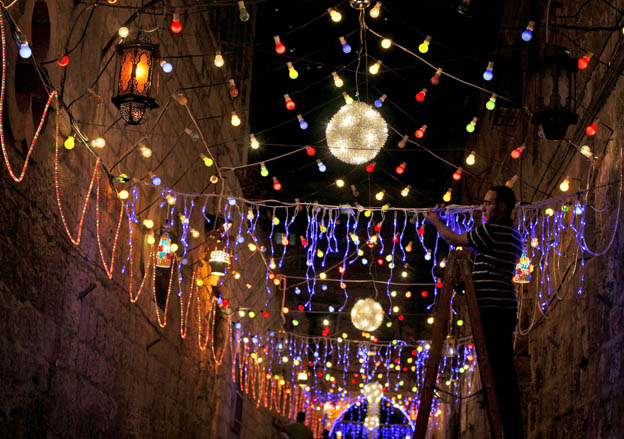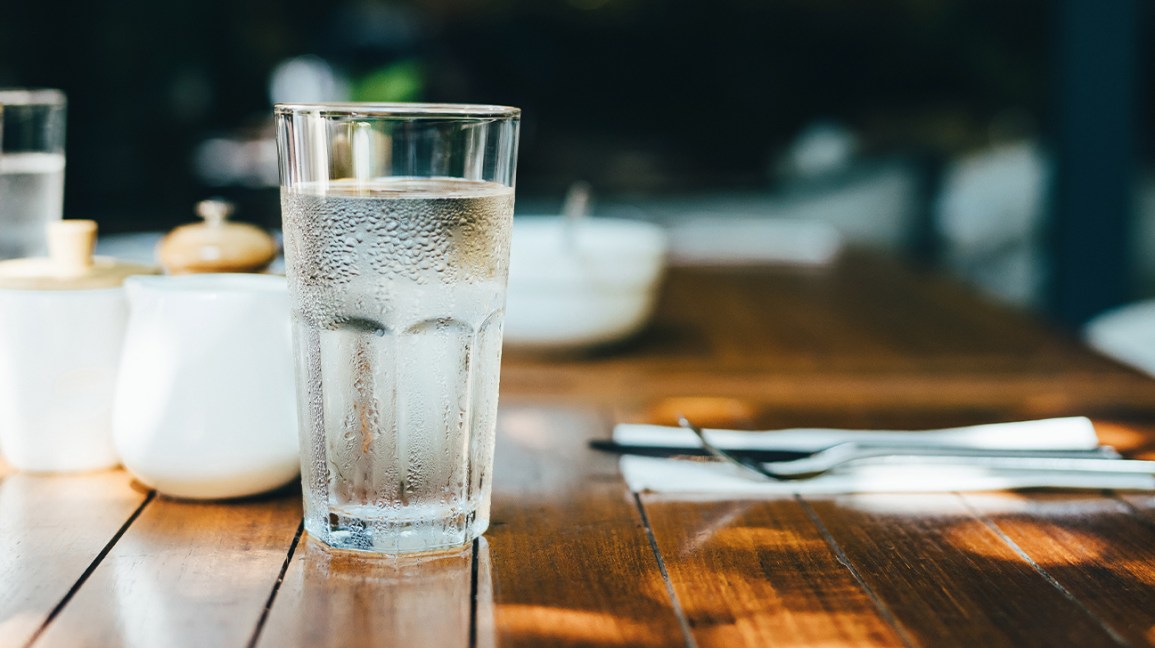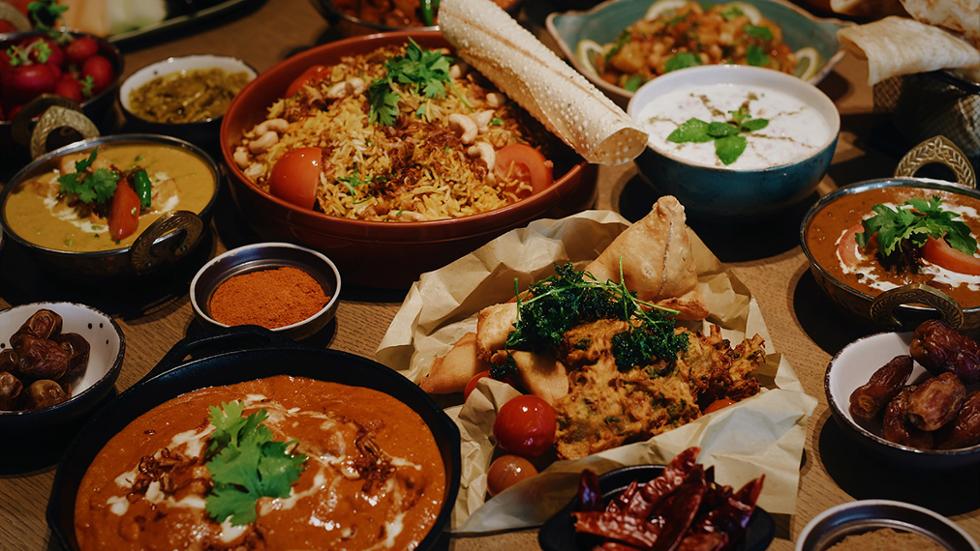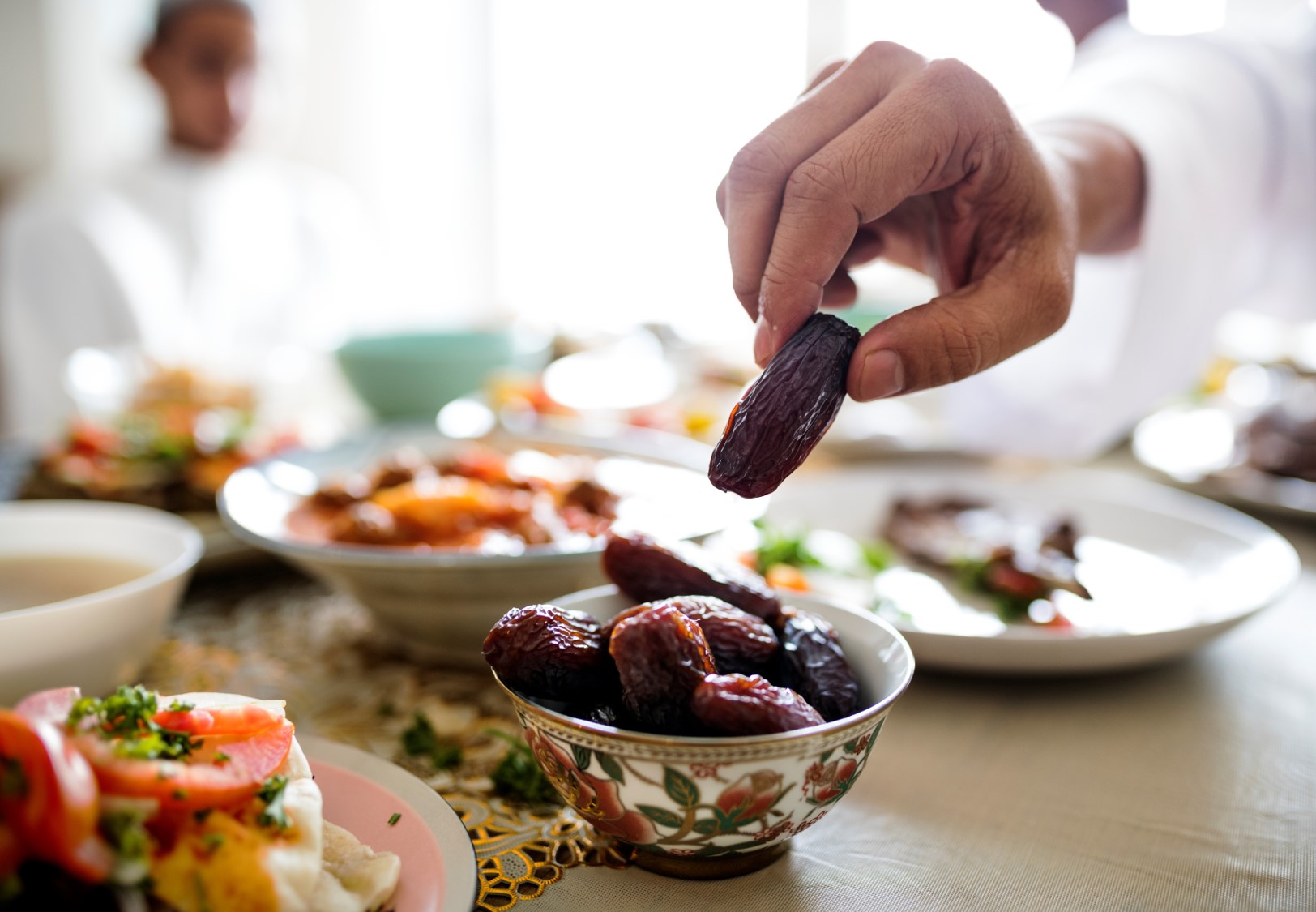Ramadan marks that time of the year that is unmatched; its soul-refreshing spirit is uncanny and it is a special month. From Atayef to Ramadan drama, we can’t ever gather the things we wait for in Ramadan. In this holy month, Muslims connect more deeply with their religion, reflect on themselves, and give back to their community. However, Ramadan can be a nightmare to others; diet-wise. But it doesn’t have to stay that way, it can never be too late to have a healthier state during and after Ramadan, both physically and mentally. Some people come out of Ramadan gaining unnecessary weight and others spend Ramadan eating or drinking too little and also have a messed up sleeping schedule which leaves them tired and drained all the time. Here are some tips for you to have a healthier Ramadan.

Stay Hydrated

Hydration is vitally important. Try to drink as many fluids as you can after breaking your fast. Even if you aren’t feeling too thirsty, try to stay hydrated regularly, like drinking every two hours. Avoid choosing fluids that contain caffeine; as caffeinated drinks can be dehydrating. You should keep that in mind; because dehydration is just as dangerous; as it can greatly affect energy levels and mood swings, it can also cause headaches, migraines, kidney stones, and constipation. You can always get hydration from water-filled vegetables and fruits, such as strawberries, watermelon, cantaloupe, cucumbers, zucchini, bell pepper, and tomatoes. However, take caution and avoid consuming too many fluids at once. Attempting to drink several gallons at once will dilute the body’s electrolytes, resulting in water poisoning, which can be fatal. So, considering portions is very important, which leads us to tip number 2.
Portion Size

Traditional food is the anthem of our iftar in Ramadan. And Ramadan isn’t a one-day event, it’s a whole month. Our human body can take up to 20 minutes to realize that it’s full, so being conscious of portions in your diet is necessary; as it affects energy levels, as well as, lessen your stress if you don’t eat huge portions at a time. Especially with the fact that our traditional food can be very oily and heavy, which takes us to tip number 3.
Variety in food choices

Taking care of your body in Ramadan can be stressful, however, if you make sure to follow or maintain the nutrition it requires to be healthy, it would be so much less stressful. The two most important meals in Ramadan are the one before sunrise (Suhoor) and the one after sunset (Iftar). More people if not most will go for carbohydrates, however, we can alter that especially in Suhoor for more respectful food choices for a healthier body. Whole grains, vegetables, fruits, lean protein, healthy fat (fat from plants, like olive oil and nuts) can all be great food options to add to your nutrition list. You can also include healthy recipes like savory oatmeal, power pancakes, and strawberry-chocolate overnight oats.
Keep Moving

Even though fasting can be physically exhausting, avoid being physically inactive. If you usually exercise in the morning, try switching to the evening after you’ve broken your fast; to see how your body reacts. During the day while fasting, tough exercise is not recommended, as well; because it will easily make you feel dehydrated. Consider short and quick walks (run-around or chores) or even a few stretches that will help you stay energized during the day and help your digestion process after breaking your fast.
Listen, understand, and appreciate your body

Every person is unique, and different eating styles can make them feel better. If you’re having trouble with fasting and our tips don’t seem to help, please consult a dietitian or other healthcare professionals for more practical guidance that can be tailored to your needs. To keep your energy levels up, you might want to customize how much and what you eat, depending on your sleeping schedule during Ramadan, as well.
The last tip we can give you is to always remember that Ramadan is a month for celebration and spiritual growth, as well, but you can always use our tips to a healthier you.
By: Nouran Hassan



